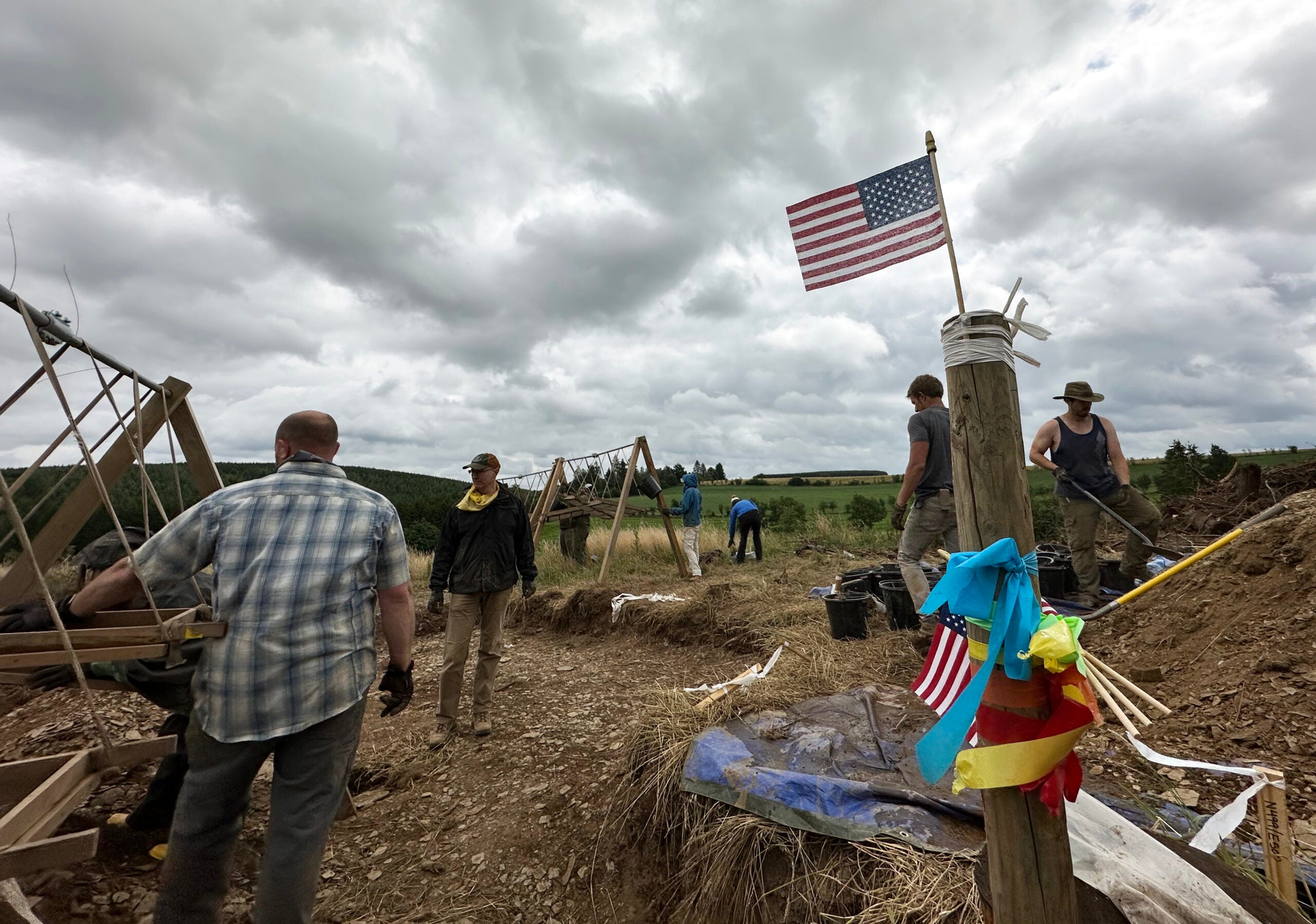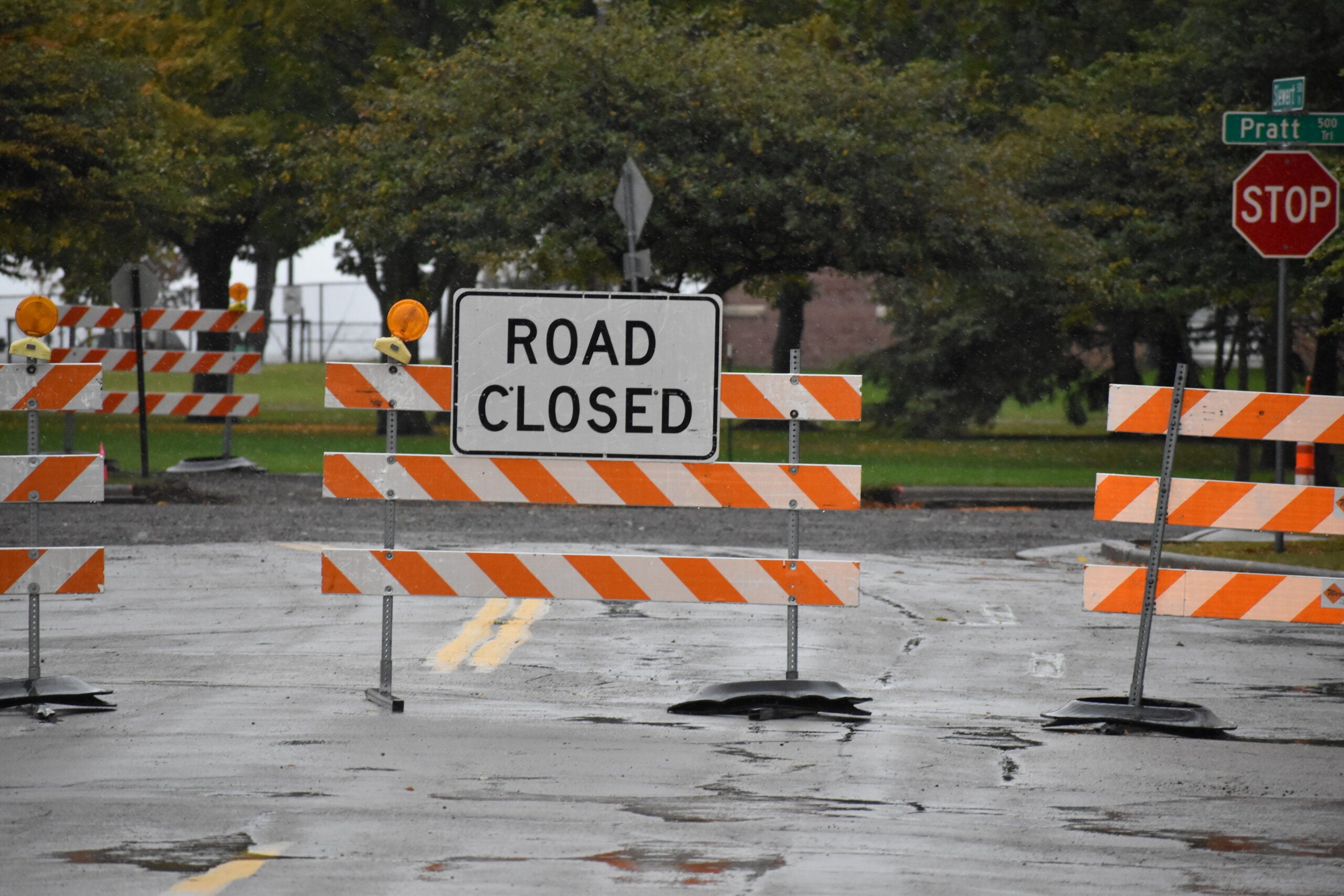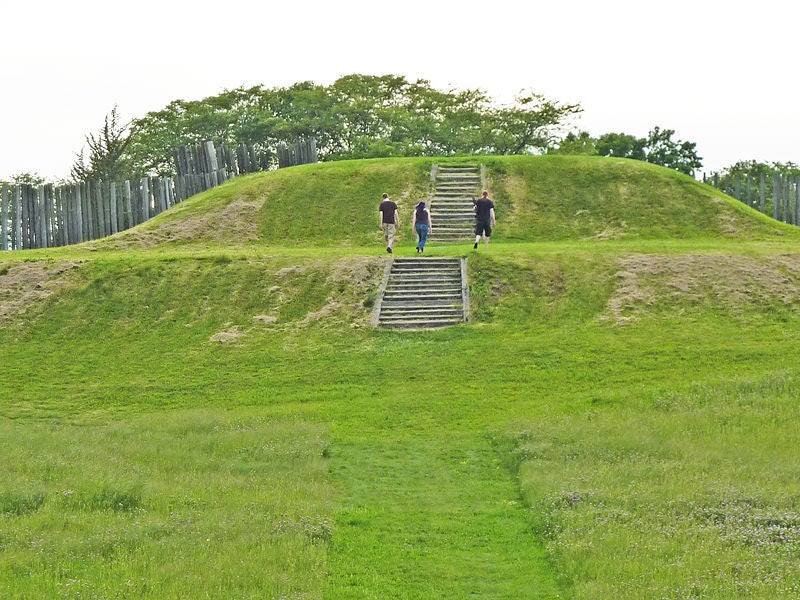Professors and archeology students at UW-La Crosse have uncovered another historically significant home in Onalaska. It was constructed by some of Wisconsin’s first farmers, the Oneota tribe.
At the dig, a bucket of dirt is dumped over a screen sitting on top of a wheelbarrow. Yoli Ngandali pushes the mixture back and forth. Slowly, tiny artifacts emerge as the dirt sifts through the screen, “This one here is a flake, there are a couple pottery pieces here. This is fire-crack rock.”
Ngandali is a UWL junior and part of the group that is excavating a second Oneota long house near the Mississippi River. Extended families lived in the long house more than 500 years ago, sharing the work to harvest corn, green beans, and squash.
Stay informed on the latest news
Sign up for WPR’s email newsletter.
UWL assistant professor of archeology David Anderson says this is one of the richest sites he’s ever worked on. He says they can learn a lot from one dig: anything from the rivers’ health centuries ago through excavated mussels to the Oneota’s cultural customs, “It helps us understand that there is a lot of diversity within the human species. I don’t mean from a biological standpoint, but how humans organize themselves.”
And the students, like Yoli Ngandali, who couldn’t tell the difference between pottery and a clump of dirt a few weeks ago, are now able to identify many of the artifacts: “All the work you kind put right into it, just finding these little things is really fun and you speculate, ‘What was this used for?’”
UWL students will continue studying the artifacts next semester.
Wisconsin Public Radio, © Copyright 2025, Board of Regents of the University of Wisconsin System and Wisconsin Educational Communications Board.





